When a crisis happens, getting fast and effective help is crucial. At Lifestyle Independence in Los Angeles, we specialize in crisis intervention to support individuals and families during tough times. This blog explains what crisis intervention is, what makes our programs unique, and how we help during critical moments.
What is Crisis Intervention?
Crisis intervention is immediate help given to someone experiencing a severe personal challenge, such as a mental health or substance abuse crisis. The main goal is to provide quick support to reduce stress, ensure safety, and stabilize the situation.
Key Features of Crisis Intervention
- Fast Action: Quick response to prevent harm and stabilize those in crisis.
- Short-term Help: Focuses on immediate and temporary solutions to manage the crisis.
- Goal-Oriented: Aims to achieve stability and safety for the individual.
How Lifestyle Independence Manages Crisis Situations
At Lifestyle Independence, we tailor our crisis intervention programs to fit each individual’s needs. Here’s how we handle crises:
Skilled Teams
Our team includes professionals trained in handling mental health and substance abuse crises. They offer compassionate and knowledgeable support right when it’s needed.
Quick Assessment
We start with a thorough assessment to understand the crisis, the person’s needs, and the best immediate actions to take for safety and stability.
Direct Action
We use effective strategies to calm the situation and reduce distress. This might include talking through the problem, providing counseling, or coordinating medical help.
Continued Support
After the immediate crisis, we keep providing support to ensure the person stays stable and to help them transition to longer-term treatment if needed.
Types of Life Situations That Can Benefit from Crisis Interventions
Crisis intervention can be a lifeline in various challenging and acute situations where immediate support can prevent a situation from escalating and help individuals regain stability. Here are some common life situations where crisis intervention can be particularly beneficial:
Mental Health Crises
Situations such as severe anxiety attacks, episodes of major depression, or the onset of psychotic symptoms can be overwhelming and frightening for the individual and those around them. Crisis intervention can provide immediate psychological support and guide the person to appropriate long-term mental health services.
Substance Abuse Issues
When an individual experiences a crisis related to substance abuse—such as an overdose or a severe withdrawal episode—crisis intervention can be crucial. The immediate focus is on ensuring the person’s safety, followed by steps to encourage and facilitate entry into detoxification and rehabilitation programs.
Suicidal Thoughts or Behaviors
If someone is expressing suicidal thoughts or has attempted suicide, crisis intervention is critical. Professionals can assess the risk, provide immediate support, and ensure that the individual receives ongoing care to address the underlying issues contributing to their feelings of hopelessness.
Family or Relationship Conflicts
Severe conflicts within a family, such as domestic violence or an acute breakdown in communication during a divorce or separation, can benefit from crisis intervention. Professionals can mediate the conflict, provide counseling, and help family members find healthier ways to cope with their situation.
Traumatic Events
Experiencing or witnessing a traumatic event such as a natural disaster, a serious accident, or a violent act can lead to acute stress or trauma. Crisis intervention can help manage these intense reactions, provide strategies for emotional recovery, and prevent long-term psychological effects.
Major Life Transitions
Significant life changes, even if they are expected, can sometimes be hard to handle. This includes events like the death of a loved one, major financial losses, or sudden changes in personal circumstances like job loss or severe health diagnoses. Crisis intervention can help individuals navigate these transitions by offering support, resources, and coping strategies during these turbulent times.
Effective Crisis Intervention Strategies
- Prioritize Safety: Our first concern is always safety. We make sure everyone involved is safe from harm.
- Listen and Understand: We listen carefully to what the person is going through. Understanding their feelings and concerns is crucial for effective help.
- Practical Help: We offer real solutions to solve immediate problems. This could be connecting people with local resources, giving emergency counseling, or setting up medical care.
- Teach and Empower: We also teach individuals and their families about the crisis, what caused it, and how to avoid similar problems in the future.
Here to Help in Times of Need
Crisis intervention is vital for helping people quickly during tough times. At Lifestyle Independence, we are committed to providing fast, caring, and effective help to stabilize crises and support recovery. If you or someone you know needs help, don’t hesitate to reach out. Share this blog or contact our team to learn more about how we can assist you when you need it most.
FAQs
Crisis intervention is immediate assistance provided to someone facing a severe personal crisis, focusing on reducing stress and stabilizing the situation.
Our team is trained to respond quickly, understanding that immediate action is crucial.
Our team includes trained crisis counselors and mental health professionals skilled in managing emergency situations.
While it mainly focuses on immediate stabilization, crisis intervention can help prevent longer-term issues by addressing underlying problems and connecting individuals with ongoing support.
You can reach us through our website or by phone. Our team is ready to provide immediate support and guidance.
